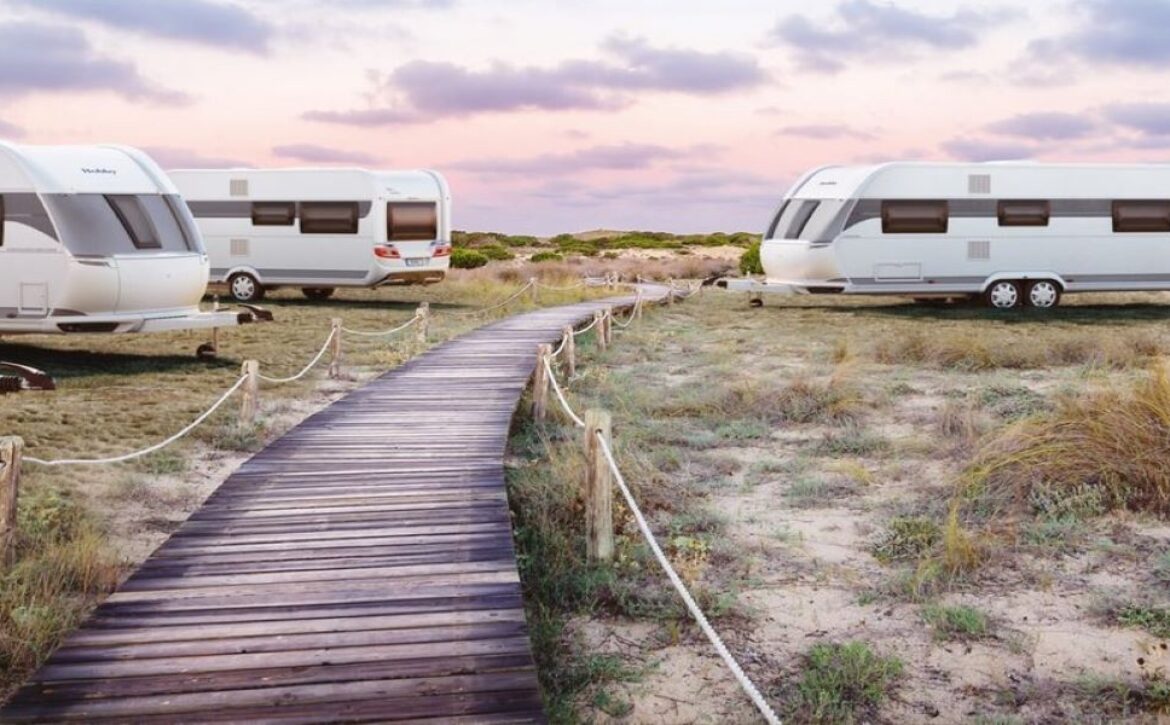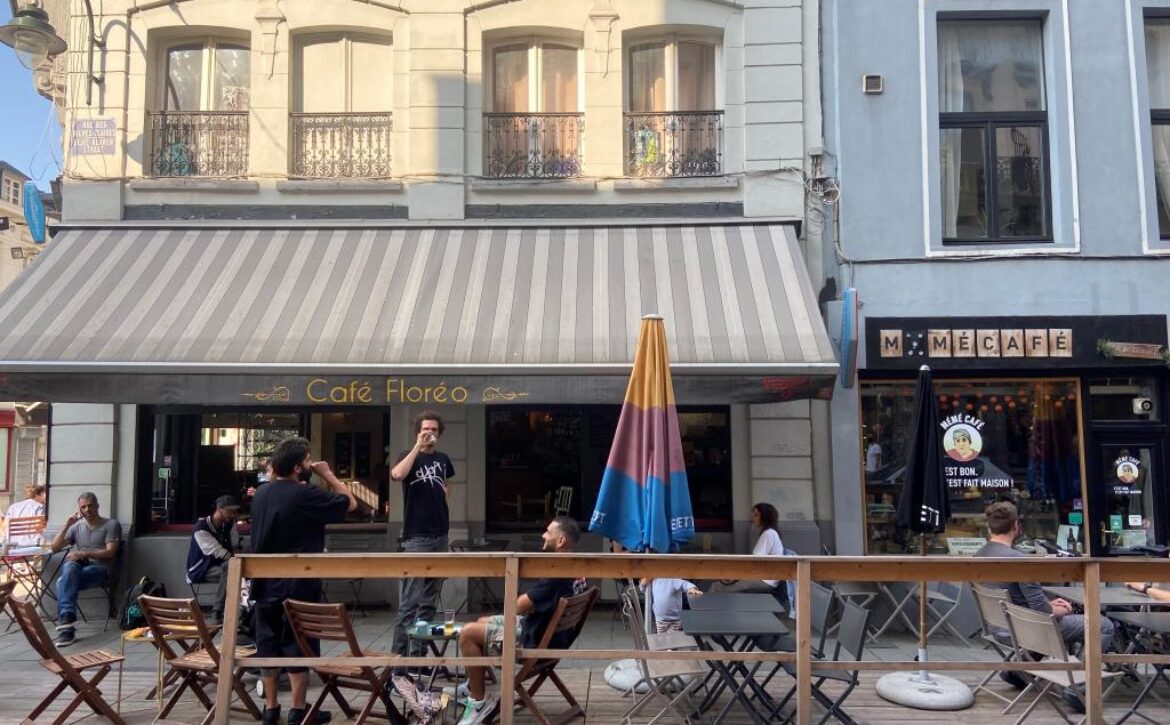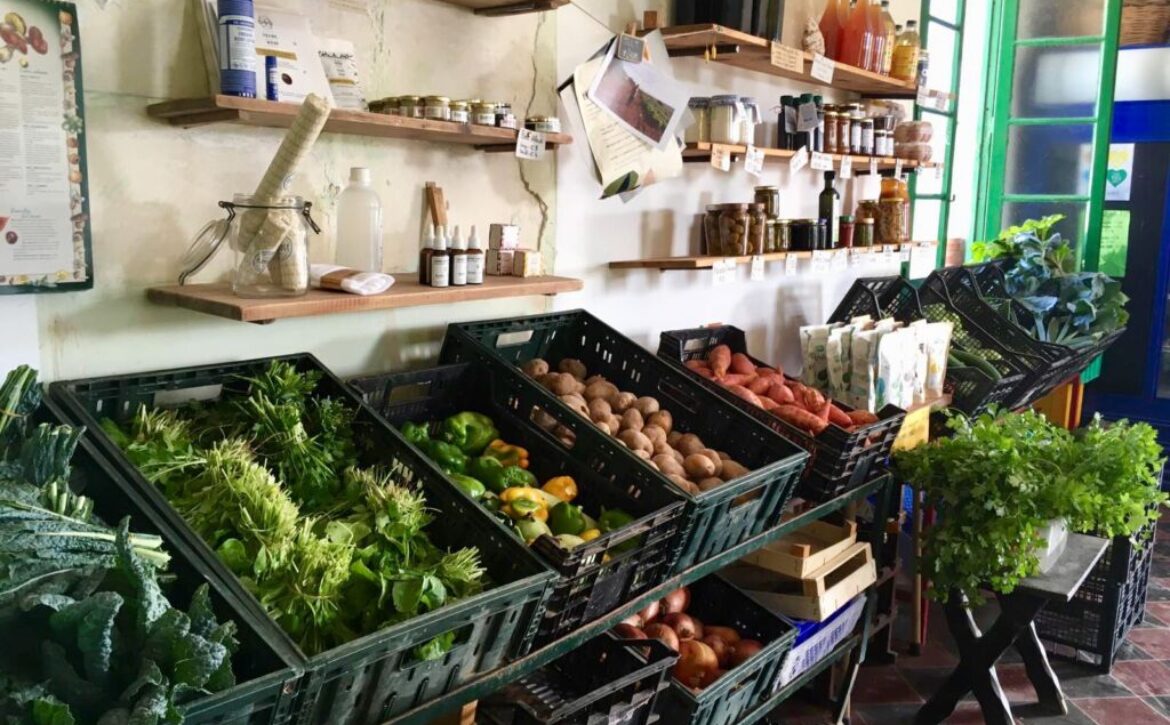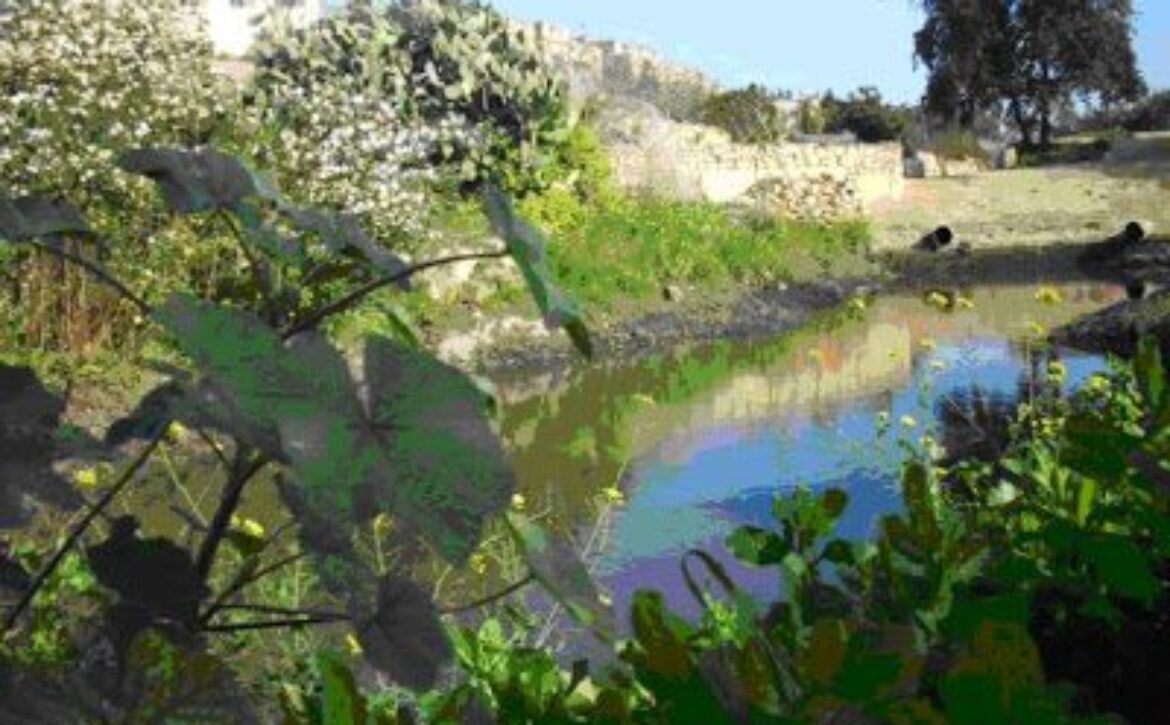A crucial government decision – national political decision on the use of caravans
During the last days we have assisted to a very important decision taken by the central government towards the suspension of an application by Infrastructure Malta for a temporary caravan site despite the various comments on the rights and obligations of caravan owners. On the contrary one would also listen to various residents’ rights towards a free access to our beaches. Many are those caravan owners who during the summer period would occupy our beaches without leaving any foreshore access. For the general benefit and interest there should be various open discussions with different stakeholders the outcome of which could lead to better solutions in the interest of everybody.
Introduction
One needs to kick off from the point that not each locality has the benefit of open recreational spaces for its residents. Moreover, there are a large number of families who live in apartments without an adequate balcony, yard or garden for their children to recreate themselves; therefore, the number of recreational zones is somehow imperative. We need to understand and take care of the social and recreative aspects of our residents; it transpires that a number of families can’t afford a decent residence and would instead publicly occupy caravan sites, with the latter being their only shelter.
One has to exercise caution and adopt a wider approach to avoid conflicts amongst those with different priorities for the use of the same land including farmers.
Rural zones with lesser population, agricultural zones and natural resources are very scarce in Malta hence we should focus more on our priorities.
In order to avoid conflict, there should be a holistic plan in place when dealing with protected land, camping, hiking and picnic sites. There needs to a clear distinction between open country spaces and coastal area spaces to avoid undue pressure on the latter.
This is considered to be a seasonal pressure; coastal areas might bear higher undue pressure during the summer months and could be the cause of conflict amongst those occupying the space with caravans and other residents who would visit the area for a couple of hours for recreational purposes. It would be unfair that the same individuals would hijack public zones and grounds for long periods.
One has to distinguish between structures that are trailer driven and electric camper vans.
Priorities
Undoubtedly, many believe that there has to be particular spaces allocated for this type of hobby. If this would be the case, there has to be an understanding of what is best for our country, especially for localities which are designated to host this recreational concept. Are we opting for smaller spaces in a larger number of sites or are we going for fewer but larger sites? Would we be seeking and understanding the impact this would have on the tourism industry? Are we seeing to the fact how these coastal sites could create conflict with the use of slipways not just because these would be obstructed, but also because of the additional issues of boat trailers’ owners who would want to take their boats to and from the sea through the boat ramps. Are we planning law enforcement? This should be the point for a holistic discussion which the government has wisely decided upon.
Undoubtedly, smaller spaces scattered around the island create less impact than larger ones which are however fewer. This consideration is not just about the visual impact but also about the impact on the infrastructure, the overall upkeep, drainage system, water supply etc. I believe that in larger sites one needs to carry out an environmental impact assessment. On the other hand, smaller sites scattered around the island are more difficult to be managed by the authorities.
The Local Council’s involvement
As like other matters happening in our localities, we have to understand the involvement of our Local Councils. It is a fact that caravan sites do create certain issues and very often police forces would need to be called in to take over situations which at times would go beyond control.
We, as a nation and society, are barely disciplined to protect the heritage that we own and which we are our bound to pass on to our future generations.
It is highly important that the Local Councils are to be involved in the making of such policies. This is due to the fact that the Local Councils are the closest from all entities to the residents and their locality; elected members can easily understand the challenges of their residents since they reside with them round the clock. These situations are to be used to our advantage thus, because whatever is implemented can then be rarely opposed.
Baħar iċ-Ċagħaq, Salini, Żonqor and Żejtun are some of the few challenging zones that come to mind. We have to carefully keep in mind other camping and picnic zones where in most of the situations one finds illegal structures that were meant to be temporary however ended up being permanent. These situations create conflict with the daily temporary users of the area. This brings us back to the argument on the importance of law enforcement for the right balance of land usage.
Land permits and usage
One must clearly differentiate between temporary and short-term permits. According to my current understanding, nowadays, there are only temporary permits without a clear indication of their expiry. When considering a national policy will we be delving upon the issuance of daily, weekly or monthly permits? Should granted permits be automatically renewed following their expiry? Is it just that a caravan owner would leave his own car parked in the caravan space so that same would self-reserve his own space upon his return the following weekend? Is it fair that there isn’t better use of such public spaces with a fair chance of the same space being enjoyed by the public at large? Is it fair and just that some may choose to literally hijack the coastal area for the summer period leaving no proper access to the residents and hotel guests? Should there be an effective alternating system in the issue of permits, with a proper and organized waiting list for each indicated caravan site?
Each site has to be managed by an appointed site manager who will ensure that such abuse won’t happen. This role will be the communication link between the Local Council, the authorities and the caravan owners themselves. The latter should appoint an Administrator from amongst themselves for the sake of a faster and more efficient level of communication. I strongly believe that the Administrator and the site Manager can very efficiently coordinate a booking system that allocates booking slots and thus avoid over-crowding; this is beneficial both for the caravan owners and for the same site to be publicly enjoyed.
One should consider how this model could be jointly developed with the private sector where the government would appoint private companies to administer these sites.
I believe that these questions could stir a sound and interesting discussion for the proper identification of the most suitable mechanism for the running of similar sites.
New niche in the tourism industry
A holistic plan for this sector in the long run could create a new niche for the tourism industry. For this to be operationalised there needs to be a sight energy plan which should preferably be derived from clean and alternative sources, an infrastructure of rapid charging pillars, new drainage systems, water supply and other sanitary services including strong internet connections and other daily necessities for individuals to avoid unnecessary daily commuting. It would be ideal should these camping sites be promoting local produce; this would give higher visibility and promotion to the local culture and traditions. Such authentic promotion would give Maltese sites added advantage over European ones.
Should Malta be looking towards such concept we have to ensure a safe and sound transport connectivity between the airport, the caravan sites and Malta’s main attractions including Ċirkewwa, Valletta, Mdina and Kottonera.
These sites should bear sufficient information on pathways and rural cycling routes leading to certain areas of interest like Rabat, Dingli, Qrendi/Żurrieq, Siġġiewi/Għar Lapsi, Marsaxlokk/Tas-Silġ and others.
In such zones one could possibly consider the cultivation of fresh herbs for self-consumption.
All of these initiatives give our sites a local particular identity which would eventually attract tourists who would be specifically looking for these types of surroundings for their vacation.
Conclusion
These sites could provide a twofold experience to the tourists and local travellers; it’s either an unforgettable positive experience or otherwise a totally negative experience even to those who would not make use of such space.
Therefore, in each intervention one has to ensure that spaces which are designed to specifically cater for caravans should ensure higher standards of hygiene, protection of the environment, security and accessibility.
I believe that everyone should be given the opportunity to hobby caravan enthusiasts to be out and about, however this hobby has to be in conformity with the natural surroundings and those living in the area.
In all this there has to be total synergy and communication between the government entities and agencies for works to be carried out during the most appropriate periods. It would not make sense at all that structural works and sites identification are carried out during peak months when such sites would be high in demand and full of people as this could unnecessarily leave a negative impact.
I must say that political commitment coupled with proper planning and total synergy between all parties involved, towards this ever-growing sector could undoubtedly expand and generate public revenues.
Mario Fava
President



